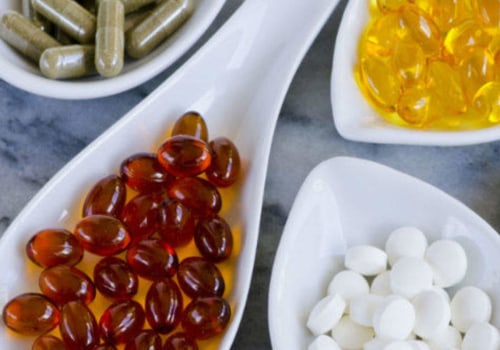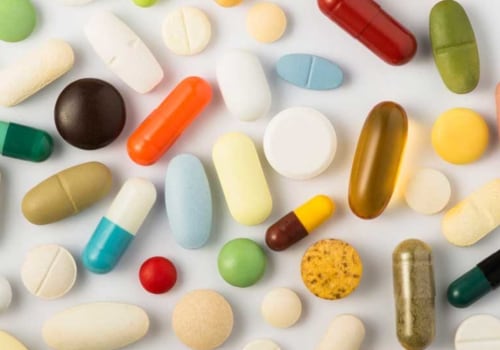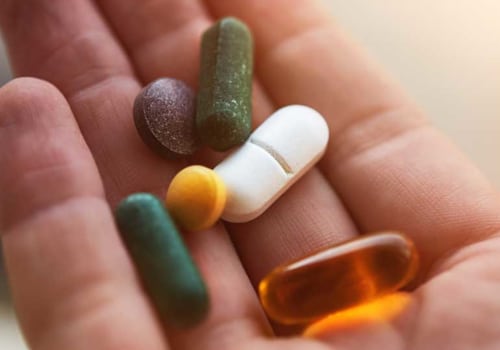During this period, 776 dietary supplements were found to contain drugs. Of these, the majority (86 percent) were marketed for sexual enhancement or weight loss, and 12 percent were marked for muscle building. The law defines dietary supplements in part as products that are taken orally and contain a dietary ingredient. Dietary ingredients include vitamins, minerals, amino acids, and herbs or botanicals, as well as other substances that can be used to supplement the diet.
Numerous people choose herbal products that claim to promote weight loss with the mistaken belief that such products are safer than regular pharmaceuticals. This retrospective observational prevalence study is an essential investigation and quantification of illegally added pharmaceuticals or prescription drugs, specifically fluoxetine, phenolphthalein, and sibutramine, in herbal weight-loss supplements sold in the UAE. Drug-enriched supplements pose a number of health risks to consumers, as medications may interact with other medications that a person is taking; or they may be unsafe for people with certain health conditions. This pattern is currently being repeated, the FDA has not warned consumers about additional stimulants discovered in weight loss and sports supplements.
The incidence of undeclared pharmaceutical chemicals in weight-loss supplements was defined as the proportion of products containing significant concentrations of sibutramine, phenolphthalein or fluoxetine. Supplemental materials show the chromatograms of some weight-loss supplements analyzed (Supplementary Figure S. If people choose to start taking supplements without medical advice, Cohen recommends “single-ingredient supplements rather than supplements with mixtures of ingredients, and to avoid supplements that are promise health benefits such as losing weight. One reason supplement adulteration is difficult to regulate is that there are frequent disagreements among regulators, doctors, and manufacturers over the amount of quality tests required for supplements.
Before taking a dietary supplement, make sure that the supplement is safe for you and appropriate for its intended purpose. Data for the study came from the Food and Drug Administration's database of contaminated products marketed as dietary supplements, from the Center for Drug Evaluation and Research. Pharmaceuticals, which were found in so-called natural products, were more likely to appear in supplements marketed as weight loss aids, muscle builders and male libido enhancers, according to the report published in JAMA Network Open. When it comes to supplements that promise to help you lose weight, gain muscle or improve libido, “it's the Wild West,” said Dr.
Tainted Supplements are very difficult to regulate, Aronne said, because they are often sold and marketed on the Internet. That way, each supplement would have a registration code to identify it, allowing the FDA to know exactly which supplements are sold in the country. The Food and Drug Administration (FDA) suggests that you consult with a healthcare professional before using any dietary supplement. If you promise big gains in weight loss, or big gains in strength or say it's comparable to Viagra, that's a red flag.




